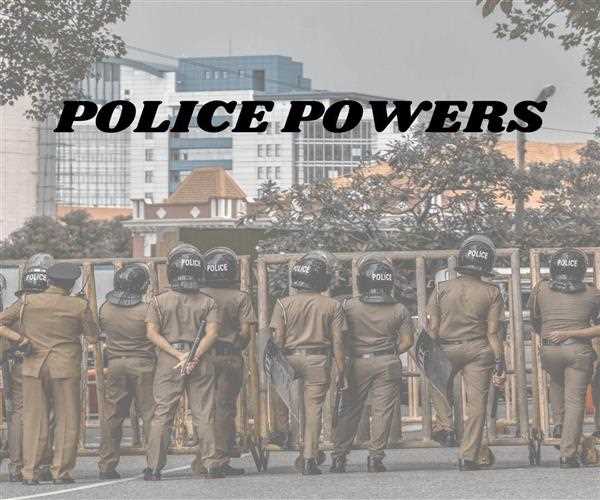The
police agency's primary responsibility is to safeguard the citizens by discovering and catching criminals. This responsibility is governed by ordinary rules (guidelines set by court judgments), and the officers have equal legal principles and statutory processes to carry it out. Social justice and race equality regulations must be respected when criminal laws are used. Members of law enforcement are responsible for making sure that their use of authority is legal, fair, and required.

The three types of police
powers are as follows:
Possessing the authority to conduct criminal investigations. This contains a slew of tools for gathering information to identify criminals and ensure a reasonable and successful investigation.
Possessing the ability to prevent evil. This involves the ability to preserve civil morality, deter anti-social conduct, and handle known criminals and suspicions.
Possessing the ability to 'dispose' of serious offenses. These abilities allow cops to settle murder trials outside of judgment or arrest individuals so they may face prosecution.